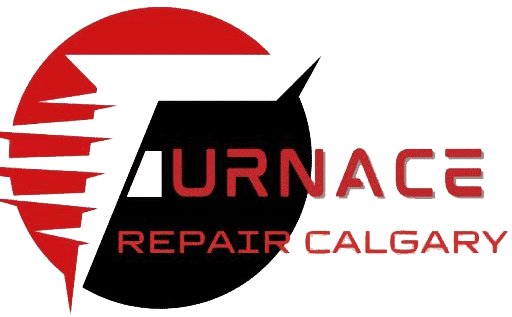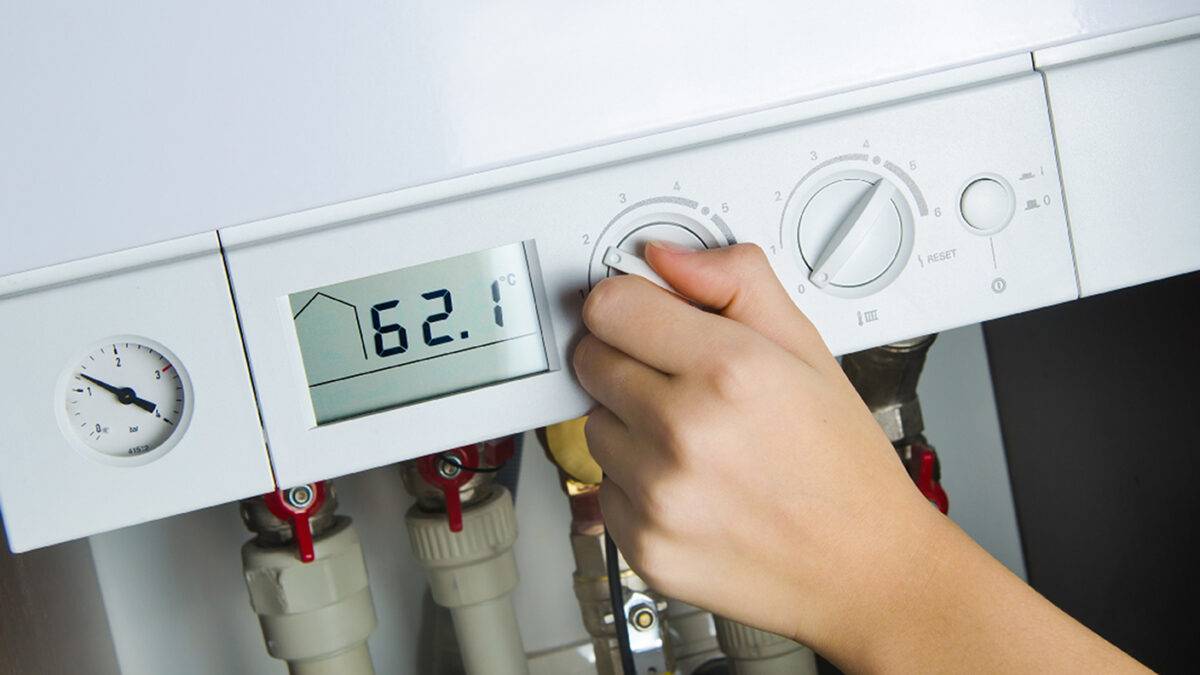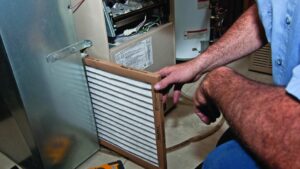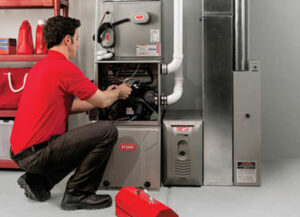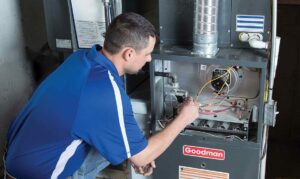How to Choose a Boiler?
Are you considering buying a boiler? If so, you should take the time to view all of your options. There are several different kinds of boilers available on the market today, and each type has its benefits and drawbacks.
When you decide which boiler you want to purchase, you must know what differentiates each type and best suits your needs.
What Is a Boiler?
A boiler is a central heating appliance that heats water and makes steam. Traditionally, people use boilers to power large machines inside factories and plants. However, they are now commonly used for heating and cooking as well.
The vast majority of boilers today burn natural gas or propane. However, some people still use wood stoves, electric heaters, and boilers to heat their homes. When it comes time to replace your boiler, you should always consider whether or not a natural gas or propane boiler would be the most beneficial for you.
How Are Boilers Different From Other Heating Options?
There are a few significant differences between boilers and other types of heating systems. For instance, instead of providing heat in each area of the home they serve, boilers distribute the same warmth to every room in the house at one time. It means that you will have even heating throughout your entire home without relying on multiple units.
Furnaces are the most prevalent central heating source in Canada. These heating systems are typically separate from boilers, which produce steam that heats the water in the furnace boiler. A furnace is an enclosed unit, while boilers are open venting systems. Boilers are usually located inside the home, while you can install furnaces both in and outdoors.
Furnaces are also usually more affordable than boilers. If you decide to on buying a boiler, it typically costs $700 to $2000 and $2,500 to $6,000 to install the system. If you invest in a boiler instead, it usually costs $3,500 to $8,000 and around another $3,500 to $10,000 to install the system.
What Factors Affect the Cost of a Boiler?
If you live in a house built before 1960, your home may not be equipped with the necessary venting systems to support a new boiler. In this case, it will take more time, and you can expect to spend significantly more money installing this type of system.
Another factor that can significantly affect the cost of your boiler is how many bathrooms you have in your house. We can rate boilers according to how much hot water they produce, so houses with multiple bathrooms will require more power than those that only have one. That’s why the boiler’s price can increase by $500 up to $3,000 or more if you need a boiler for six people instead of four.
What Type of Boiler Should I Get?

People use different kinds of boilers for heating their homes: Combi, heat-only, system, gas, oil, and LPG boilers.
Oil, gas, and LPG boilers
These boilers are often faster than the others, which means they provide more immediate warmth.
- LPG (liquid petroleum gas) and natural gas boilers aren’t as expensive as oil boilers, but the fact that you must use special piping for them can drive up costs.
- Oil boilers tend to be the least costly option. They usually cost around $2,000, including everything you need for installation and maintenance. However, they can take four or six hours to reach full heat and combust quickly if not properly installed and maintained.
- Gas boilers are the most common type of boiler. They provide more immediate heat, less soot than oil boilers and prevent corrosion on pipes and radiators. Gas boilers also reach full heat in 90 minutes or less and can last for ten years if maintained properly. However, gas is more expensive than oil and may corrode equipment over time.
Combi, heat-only, and system boilers
- Combi boilers are the preferred option in most homes today. They deliver hot water and heating simultaneously and can be used to power a gas or oil furnace. Combi boilers also fit into tight spaces and require little maintenance, and they typically cost $2,500 to $3,000 with installation included.
- Heat-only boilers are similar to combi models in that they provide both heating and hot water. However, heat-only boilers produce less power than the others.
- System boilers are another option if you decide on an electric model instead of gas or oil. You can use them with regular radiators and large amounts of excess heat emitted through the exhaust system. These boilers are usually cheaper than combi models, but they can be complicated to operate and maintain.
What Are the Key Features for Boilers?
There are several different features that boilers typically have. They include:
Controls – The controls for your boiler can be digital or manual, depending on the type of model you choose when buying a boiler. With digital controls, you will be able to adjust the heat settings on your boiler at any time using a remote control or smartphone app.
Sealed Combustion – Sealed combustion boilers use the air outside to fuel the combustion process of the burner, while non-sealed boilers utilize the air in the home for combustion fuel. This feature prevents oxygen from entering the combustion chamber, preventing the system from releasing harmful toxins into the air.
Condensing – Non-condensing boilers can release dangerous toxins into the air. On the other hand, condensing boilers can reduce their emission of toxins because they capture condensate and return it through the system for re-burning.
What Are the Energy Efficiency Ratings for Boilers?
Boilers are tested for their energy efficiency by the Department of Energy. The produced ratings have two numbers on them, both representing Annual Fuel Utilization Efficiency (AFUE).
By federal law, all boilers purchased must have an AFUE of 80 percent or higher. It means that at least 80 percent of the fuel used to power the boiler will be used for heating the home. Usually, high-efficiency boilers are Energy Star certified and have an AFUE rating of 98.5 percent.
Why is Boiler Efficiency Important?
Not only does an inefficient boiler waste more energy, but it also costs you more money. High-efficiency boilers work in a way that reduces the amount of energy needed to heat your home, so owning one will not only reduce the toxins released into the air but also help you lower your utility bill each month.
Buying a Boiler – Conclusion
Boilers provide the best source of both hot water and heating in a single unit. They are also more efficient than older methods of bringing hot water to homes, such as tankless coil models. However, they have drawbacks compared to other types of heating equipment, so you will want to consider what features matter most before buying a boiler for your home.
